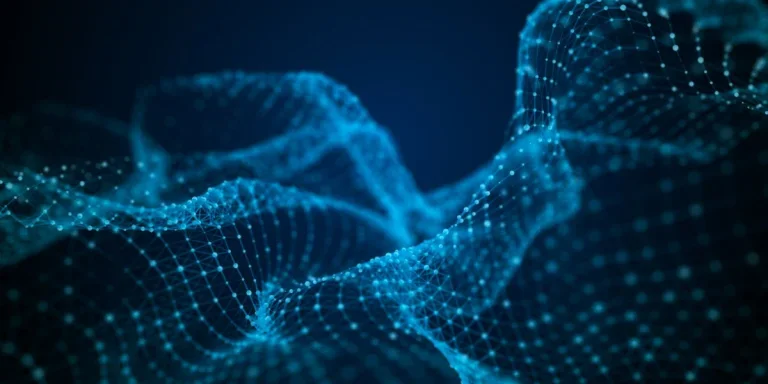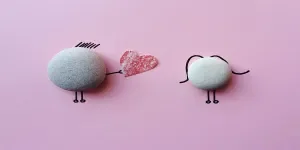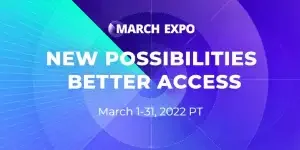In an era characterised by rapid technological advancement, the music industry is one of the next sectors poised to undergo a transformative disruption, with the ability for software to generate songs that are increasingly indistinguishable from those created by humans. The announcement of YouTube’s collaboration with Universal Music Group (UMG) to establish a Music AI Incubator signifies a groundbreaking step towards exploiting this technology to reshape the landscape of the music industry.
When musicians and machines jam together
YouTube is collaborating with some of the most creative musicians, songwriters, and producers in the business, including songwriter and producer Anitta; songwriter and producer Björn Ulvaeus; musician, composer, and producer Don Was; Columbian musician Juanes; producer Louis Bell; composer Max Richter; songwriter and producer Rodney Jerkins; singer-songwriter Rosanne Cash; songwriter and producer Ryan Tedder of OneRepublic; rapper, musician, entrepreneur and philanthropist Yo Gotti; and the estate of Frank Sinatra.
By bringing the expertise of a major music label and artists together, the partnership hopes to accelerate the development of AI-driven composition tools, enhanced music production techniques, and a more immersive music experience. However, it is important to consider the potential impact on artists, copyright, and creative control.
Ethical considerations in generative music: who owns AI-generated melodies?
This question raises a lot of challenges. The issue with generative AI music is that anybody can use artists’ work to train AI models and then reuse it to generate new content without proper authorisation or payment—an issue that we are witnessing across creative industries. For example, when an AI song that replicated Drake and The Weeknd’s voice became popular, UMG had the song pulled from Apple and Spotify Music. In these types of cases, artists should be compensated for contributing to creative decisions and new content. However, determining fair compensation in these scenarios is complex. The goal should be to acknowledge the value of human creativity in shaping AI-generated music and ensure that artists are appropriately rewarded for their involvement.
YouTube states that it has made massive investments over the years in the systems that help balance the interests of copyright holders with those of the creative community on its platform. It plans to scale those systems to prevent generative AI from being exploited for illegal activities such as copyright violation, spreading misleading data, and spam. Furthermore, it intends to identify this kind of information using AI tools.
What does the future hold?
To protect viewers and artists, YouTube announced it would increase its investment in AI-powered technology and improve its copyright control tool, Content ID. This partnership marks a pivotal moment in the music industry’s evolution. Fan engagement has grown to new heights due to community-building tools that reach beyond geographical boundaries and are pushing the bounds of what is creatively possible in the music industry.
Source from Verdict.co.uk
Disclaimer: The information set forth above is provided by Verdict.co.uk independently of Alibaba.com. Alibaba.com makes no representation and warranties as to the quality and reliability of the seller and products.




